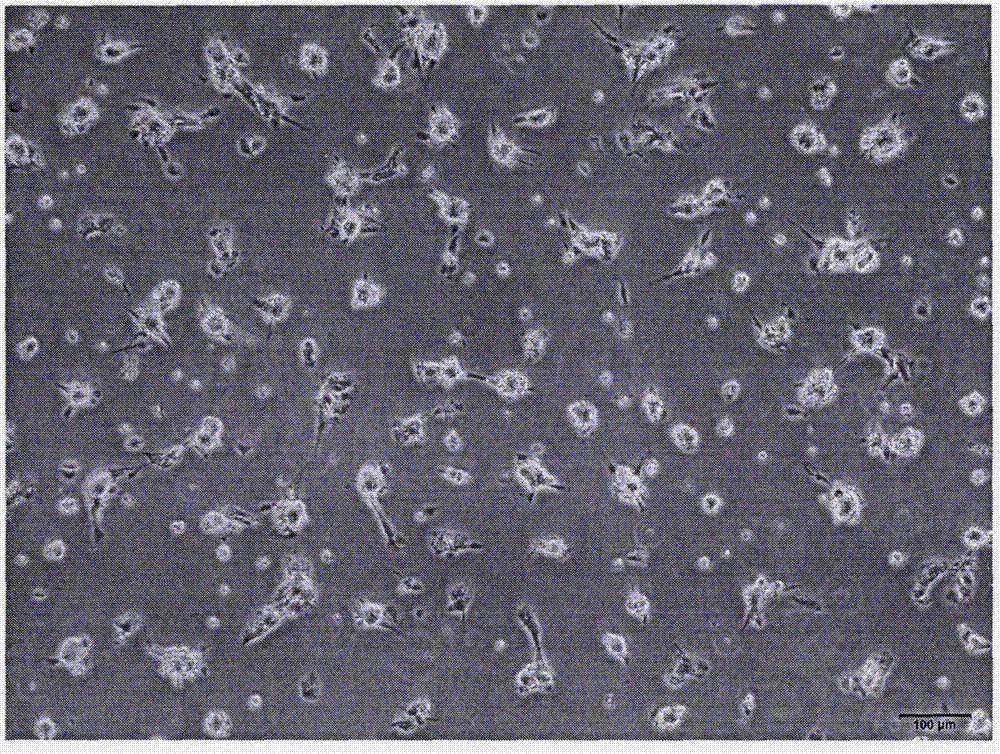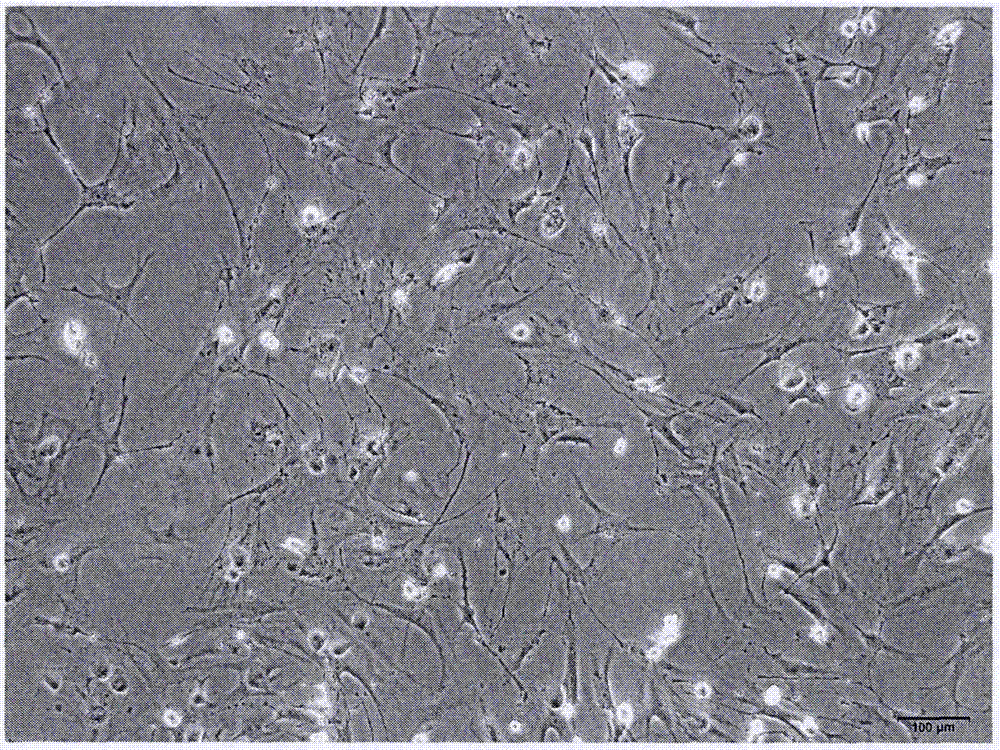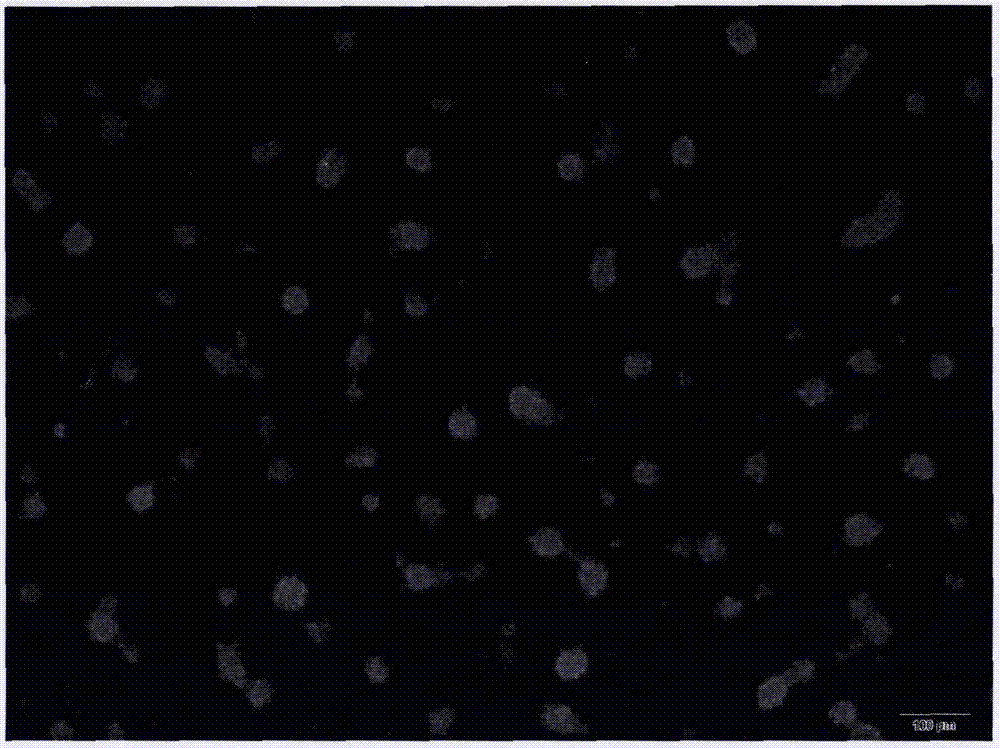Rat hepatic stellate cell separation method
A technology of hepatic stellate cells and separation method, applied in the field of rat hepatic stellate cell separation, can solve the problems of inability to activate, less stellate cells, and low activity, and achieve high activity, high yield and high purity. Effect
- Summary
- Abstract
- Description
- Claims
- Application Information
AI Technical Summary
Problems solved by technology
Method used
Image
Examples
Embodiment Construction
[0022] In order to present the purpose and advantages of the present invention more clearly, specific embodiments will now be further described. The specific embodiments described here are only for explaining the present invention, and are not intended to limit the present invention.
[0023] In the present invention, male SD rats with a body weight of 400-600 g are selected to be fed for 6-8 months, and the hepatic stellate cells are isolated. The specific operation is as follows:
[0024] 1. Take male SD rats, inject 10% chloral hydrate intraperitoneally to anesthetize the rats, and open the abdominal cavity of the rats in a U-shape to expose the liver and portal vein;
[0025] 2. Inject 0.2 mL of heparin (1500 U / L) into the inferior vena cava near the left kidney and have a lot of fatty tissue, and place a sterilized cotton ball;
[0026] 3. Insert the venous indwelling needle into the portal vein in parallel, pull out the needle core, ligate and fix the indwelling tube n...
PUM
 Login to View More
Login to View More Abstract
Description
Claims
Application Information
 Login to View More
Login to View More - R&D
- Intellectual Property
- Life Sciences
- Materials
- Tech Scout
- Unparalleled Data Quality
- Higher Quality Content
- 60% Fewer Hallucinations
Browse by: Latest US Patents, China's latest patents, Technical Efficacy Thesaurus, Application Domain, Technology Topic, Popular Technical Reports.
© 2025 PatSnap. All rights reserved.Legal|Privacy policy|Modern Slavery Act Transparency Statement|Sitemap|About US| Contact US: help@patsnap.com



